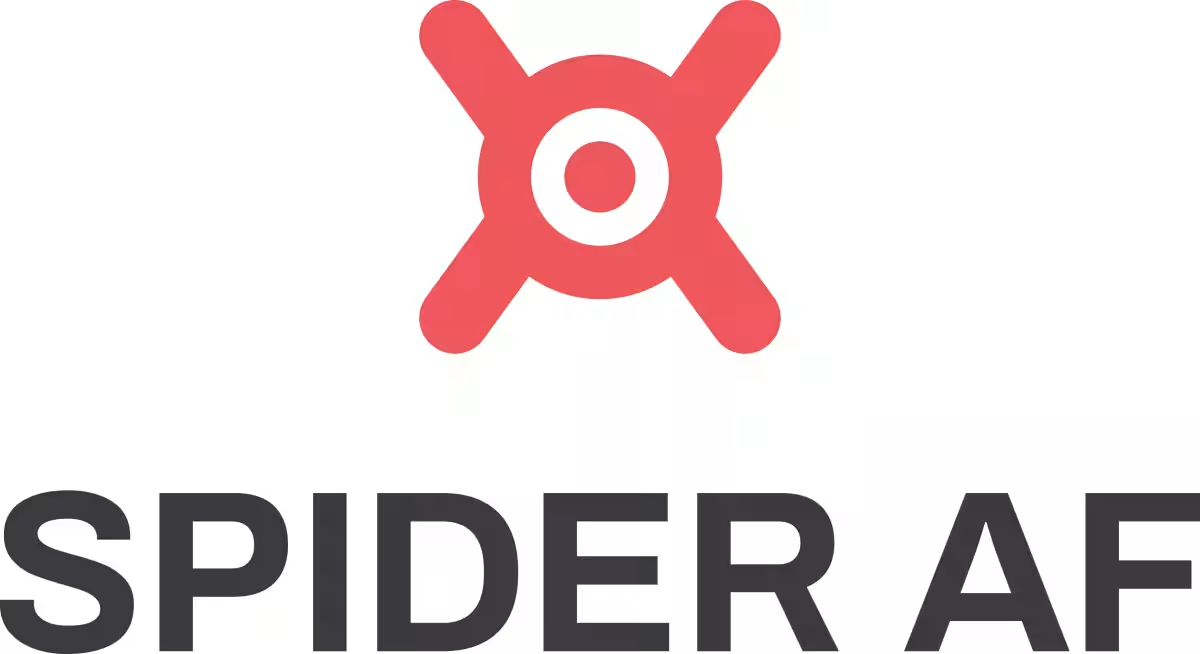

The Rising Tide of Ad Fraud in Japan: Insights from Spider Labs' 2025 Report
Understanding the Surge in Ad Fraud in Japan
In recent years, the digital advertising landscape in Japan has witnessed a disturbing rise in ad fraud. According to the newly released "Ad Fraud Investigation Report (Annual Version 2025)" by Spider Labs, a cybersecurity firm based in Tokyo, the estimated losses from ad fraud in Japan surpassed 151 billion yen in 2024, marking an increase of 19.4 billion yen compared to the previous year. The report compiles crucial insights from the operational data of Spider AF, an advanced tool designed to combat ad fraud, shedding light on both the scale of the issue and the effective countermeasures.
What is Ad Fraud?
Ad fraud refers to unethical practices that inflate advertising impressions, clicks, and conversion rates (CV) in order to siphon off advertising budgets. It increasingly adopts sophisticated techniques utilizing AI and automated bots, which in turn disrupts the effectiveness of advertising strategies and marketing decisions.
Background of the Investigation
Spider Labs, a pioneer in cybersecurity in Japan, developed Spider AF with the goal of enhancing the integrity of digital advertising. The firm's innovative solutions are built on extensive research and analysis of big data related to ad fraud, allowing them to consistently refine their understanding of evolving techniques. Recent years have seen a rise in more advanced methods of ad fraud, including the use of generative AI and illegal employment schemes. Notably, by 2025, the Ministry of Internal Affairs and Communications plans to publish guidance designed to improve transparency in advertising transactions and bolster countermeasures against ad fraud. This investigation aims to clarify the rapidly changing realities of the Japanese market and promote understanding of ad fraud.
Key Findings from the Report
The report reveals that approximately 5.1% of performance-based advertisements in Japan are linked to ad fraud, amounting to estimated losses of 151 billion yen. With a digital advertising market valued at around 3.6 trillion yen, this translates to a potential loss exceeding 186.2 billion yen if fraud were to impact the entire market at the same rate. The findings highlight the challenge of maintaining advertising integrity, as the average occurrence of ad fraud increased slightly by 0.2 percentage points from the previous year.
The 'Fake Lead' Challenge
Significantly, the report uncovers that there is a stark contrast in Conversion Rates (CVR) between valid and invalid clicks, revealing approximately twice the disparity. It also brings attention to the risks posed by ineffective leads known as 'Fake Leads.' These leads do not contribute to sales but instead waste resources. The report documents how the 'Fake Lead Protection' feature within Spider AF successfully mitigated these threats, leading to a reduction in Cost Per Click (CPC) and improvements in Return on Investment (ROI).
Threats from MFA Sites
One major concern outlined in the report involves Made-for-Advertising (MFA) sites that generate no valuable conversions but drain ad budgets. Spider AF has detected over 72 million ad displays resulting in costs exceeding 79 million yen. Examples highlight how proactive measures reduced the incidence of Fake Leads from 65% to below 10%.
Additional Insights Provided
The investigation comprehensively details several other critical factors:
- - Trends in ad fraud losses, along with a breakdown of invalid click types
- - A ranking of industries most at risk for ad fraud
- - Emerging fraudulent methods utilizing platforms like P-MAX and illegal work
- - Comparison of invalid click rates between ad-driven and organic traffic
- - Case studies showcasing improvements from companies that adopted Spider AF
Download the full report for free here.
Current Initiatives
Additionally, Spider AF is currently offering complimentary assessments for ad fraud and brand safety diagnostics. These free evaluations are part of an effort to empower businesses in their fight against ad fraud.
Report Overview
- - Title: Ad Fraud Investigation Report (Annual Version 2025)
- - Conducted by: Spider Labs
- - Analysis Focus: Ad traffic measured by Spider AF, totaling over 4.1 billion clicks
- - Investigation Period: January 1, 2024 - December 31, 2024
- - Methodology: Analysis using the proprietary database of Spider Labs
About Spider AF
Spider AF, a leading ad fraud mitigation tool, detects and blocks fraudulent activities associated with advertising, oftentimes accounting for as much as 50% of ad budgets. Due to the innate difficulty in identifying these issues, ongoing vigilance through regular checks becomes critical. The solution enables businesses to perform automatic detection and blocking of ad fraud through simple tag implementations, making it accessible for ad network operators, agencies, and advertisers alike.
About Spider Labs
Founded in April 2011, Spider Labs operates under the mission of building a safe and happy future through automation, aiming to create a fraud-free internet. Emphasis on speed, integrity, and client-centered values guide their ongoing endeavors to foster a transparent digital advertising environment.
Company Name: Spider Labs
Headquarters: 4th Floor, Minami Aoyama ST Building, 7-10-3 Minami Aoyama, Minato-ku, Tokyo, Japan
CEO: Soko Otsuki
Business Scope: Development and operation of AI ad fraud tool Spider AF, consultancy services, and solutions to combat fraudulent practices such as reselling and affiliate fraud
Website: https://jp.spideraf.com/


Topics Consumer Technology)










【About Using Articles】
You can freely use the title and article content by linking to the page where the article is posted.
※ Images cannot be used.
【About Links】
Links are free to use.